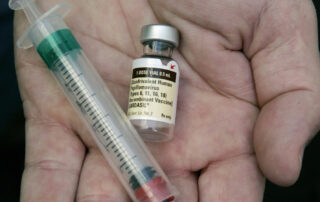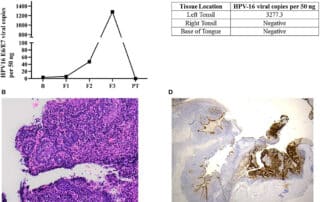Most parents of unvaccinated teens have no intention of getting HPV vaccine for their kids, study finds
Source: www.newstribune.com Author: Kasra Zarei, The Philadelphia Inquirer The human papillomavirus (HPV) vaccine has been proven to prevent certain types of oral and genital cancers and other health problems. However, in a study published this week in Lancet Public Health, researchers found that more than half of the parents of adolescents who have not received the HPV vaccine had no intention to initiate the vaccine series for their children. Using data from a nationally representative survey of U.S. adolescents, the study authors estimated national-level and state-level parental intent to initiate and complete the HPV vaccine series for their kids. In states including Idaho, Montana, Nebraska, North Dakota, Oklahoma, and Utah, more than 65 percent of parents of unvaccinated adolescents had no intention to initiate the HPV vaccine series. According to the most recent data by the Centers for Disease Control and Prevention, Wyoming and Mississippi have the lowest HPV vaccine rates at roughly 50 percent. The new study found of parents of unvaccinated adolescents in these states, almost 62 percent and 57 percent, respectively, did not intend to initiate the HPV vaccine for them. Lack of parental intent to complete the vaccine series was lowest in the District of Columbia, at nearly 11 percent, and Rhode Island, at 20 percent. HPV vaccination is mandated in both regions. In Philadelphia, HPV vaccine coverage is among the highest in the country — roughly 71 percent in 2018, according to CDC data. Still, in Pennsylvania, between 60-65 percent of the parents of unvaccinated [...]


